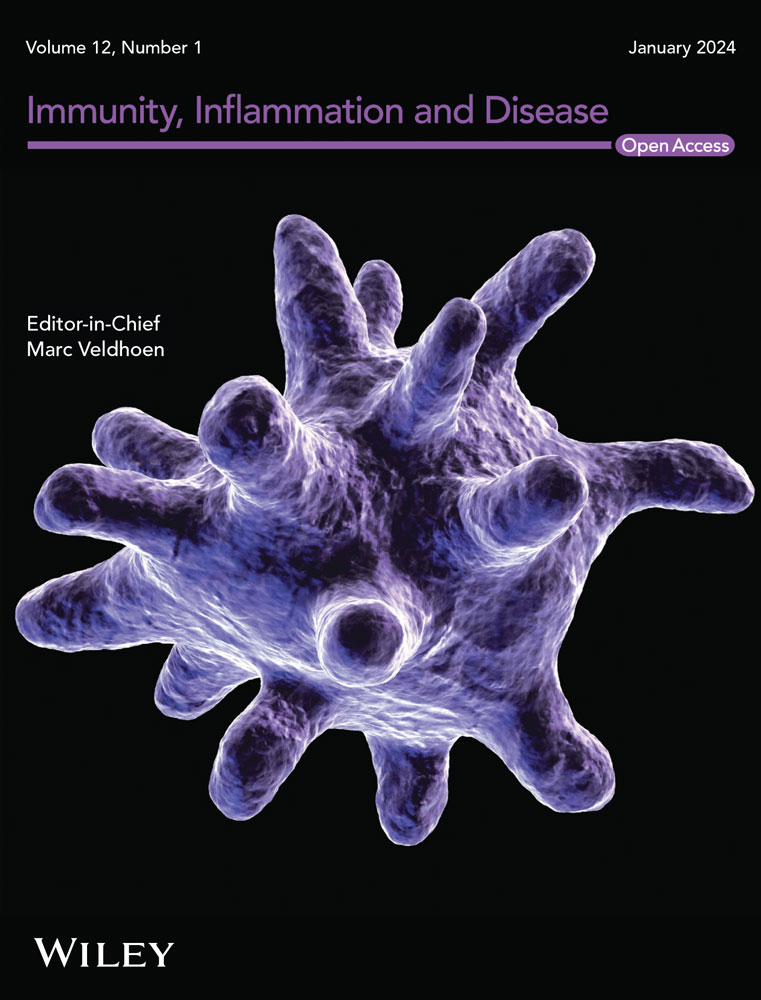The Immunomodulatory Role of Estrogen in Malaria: A Review of Sex Differences and Therapeutic Implications
Abstract
Background
Malaria remains a significant global health challenge, with substantial mortality rates, particularly in tropical and subtropical regions. A notable sexual dimorphism exists in malaria, with males often experiencing higher infection and mortality rates compared to females.
Objective
This review explores the role of estrogen in modulating immune responses to malaria, potentially explaining the observed sex differences. Estrogen, through its receptors, influences immune cell activation and cytokine production, which are critical in the immune response to malaria.
Results
Utilizing data from the Global Burden of Disease (GBD) study, we analyzed sex differences in malaria burden in Central Sub-Saharan Africa from 2000 to 2021, revealing a significantly lower mortality burden for females compared to males. Epidemiological data and animal model results support the notion that estrogen plays a significant role in modulating immune responses to malaria. Estrogen receptors are widely expressed in immune cells, and estrogen can influence the activation, proliferation, and differentiation of these cells, thereby affecting cytokine production and immune response type. Additionally, selective estrogen receptor modulators (SERMs) show potential as therapeutic agents, with some studies demonstrating their efficacy in reducing parasitemia and improving malaria outcomes.
Conclusion
Understanding the sex differences in the pathogenesis of malaria is crucial for its prevention, treatment, and vaccine development. Estrogen's role in immune regulation highlights the need for sex-specific approaches in disease management.


 求助内容:
求助内容: 应助结果提醒方式:
应助结果提醒方式:


